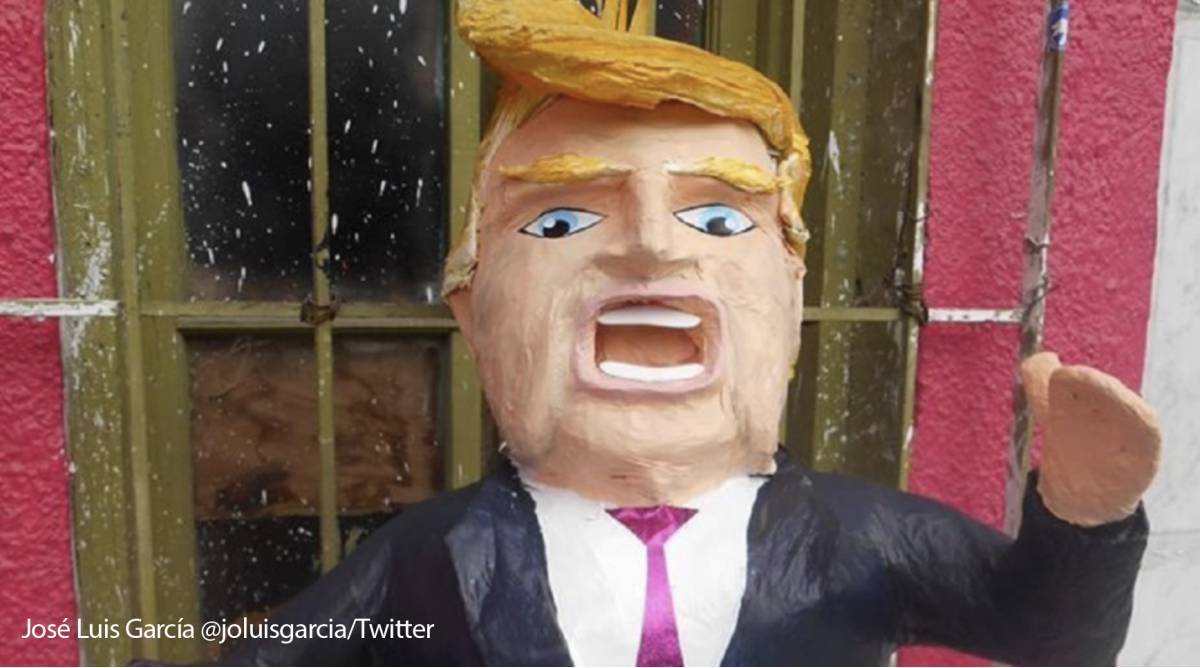Celebrity Branding
By Julián Vadillo | 27-Feb-2023Trademark publicity commenced some decades ago and applied to goods only; professional models advertised traditional consumer products: Coca-Cola, Zenith, Lucky Strike, and Hoover, among others—Don Draper’s stuff.
Then came the protection of service marks, followed by three-dimensional and non-traditional, Internet-related, social media, cloud computing, NFTs, Web3, etc. As I wrote in my last article, unprecedented phenomena rise every couple of years in the digital era, and contributions hereto by celebrities and influencers are no exception. As a result, they have become relevant, especially in endorsement, trademark creation, ownership, business alliances, and advertising strategies.
Jokes aside, professional modeling seems to be an endangered activity. Top leading brands, and others not even that top, are teaming up with celebrities to promote and sell their brands in all industries and movements, from Michael Jordan’s Nike AIR, Rihanna’s Fenty Beauty with LVMH that made her $1.4 billion richer, to Pete Davidson, who made Taco Bell sales rise 9%.
But with celebrity collaboration comes enormous responsibility. Some alliances go south, as in the case of Adidas severing its partnership with YE (formerly known as Kanye West) over anti-Semitic comments from the rapper, losing millions on unsold Yeezy footwear and clothing; Madonna releasing the controversial Like a Prayer music video only a couple of days after receiving from Pepsi $5 million to use the song to fight Coca-Cola, or David Beckham shaving his head having signed a $6 million four year contract to promote Brylcreem, a hair product. Challenges for brands would be finding a celebrity that aligns with the brand and values, ensuring the star uses the branded product and not the competing one, and praying the celebrity avoids any scandals during the corresponding campaigns.
But not only are celebrities now acting as the image of major and known brands, but they create their own, directly and indirectly, acting in some cases as the brand ambassadors themselves, such as Gwyneth Paltrow’s GOOP, Kendal Jenner’s 818 tequila; DOS HOMBRES Mezcal by Aaron Paul and Bryan Cranston; TB12 by Tom Brady, and PRIME drink of KSI and Logan Paul, among others. Small reference, Diageo bought CASAMIGOS tequila for a billion dollars in 2017, without having a relevant market presence and sales, just because it belonged to George Clooney and Randy Gerber. No wonder why Jay-Z and Bacardi spent months of legal battle, with the latter buying a majority controlling stake worth $750 million over D’usse Cognac. Jay-Z still owns 40% or so of the brand.
A very local category of celebrity branding in Mexico is piñatas (a hanging container stuffed with candy, decorated or dressed up as an animal, a character, or a celebrity, which people hit with a stick to break open and throw themselves to get the fallen candy). Either a scandal or any other situation in Mexico involving a celebrity or an influencer, a piñata on the subject would be the first thing out. Crying Galilea Montijo, drunk Alejandro Fernández, Donald Trump, of course, Will Smith slapping Chris Rock. After that, anything goes; all scandals are out there in the piñata world, using celebrities without consent or authorization.

The controversial piñata in which Galilea Montijo was immortalized in tears
Piñata of Alejandro Fernandez on a spree causes a stir in the networks
Slap or smack: Jada Pinkett and Chris Rock piñatas created after Will Smith's hit
There are other categories of celebrity branding, but I will refer to one in particular protected in Mexico with a sui-generis legal entity, the Copyright Law. A tool that would make it possible to act against piñata manufacturers and other infringers of characters.
Beatrix Kiddo, especially in her yellow outfit and Onitsuka Tiger shoes in Kill Bill Volume I, is a brand “owned,” in my opinion, by celebrity Uma Thurman, despite that Production Company A Band Apart would own those rights. No one but Thurman would play that character, unlike the number of double o-sevens or Batmen around and coming. The same happens with Margot Robbie as Harley Quinn, creating such a brand herself that 99.99% of girls would disguise as her during Halloween when Suicide Squad was released, from 2016 to date.
It happens that Mexican Copyright Law grants exclusive rights to use and exploit physical and psychologically distinctive characteristics of human, fictitious, and symbolic characters, such as wizard student Harry Potter played by Daniel Radcliffe, mischievous yellow Bart Simpson played by himself, or the symbolic Joker played by a large number of celebrities. This is done through a legal figure called “Reserva” of Exclusive Rights in our Copyright law, again, a protection available only in Mexico with a registration of five years, renewable for successive periods of the same duration as long as the character is in use.
Other concepts of intellectual property, subject of protection with a “Reserva,” are titles of periodicals, tv or radio broadcastings, names of singers or bands, and advertising promotions. Several theses (my own for Law School was the first) suggest the disappearance of the “Reserva” regulation since all objects of protection could be protected as works of authorship or trademarks. However, as long as this protection is available, we have a reliable tool to enforce a right that would be difficult to do with a different one. How could we file an infringement action against a Beatrix Kiddo yellow-dressed Kill Bill Vol I piñata? I guess Reservas are not that bad and useless at all.
So, as social media continues to play a more significant role in our lives, the importance of intellectual property protection for celebrities and influencers will only increase. With the rise of deep fake technology and other digital tools, it is more important than ever for these actors to maintain control over their image and creative works.

Protecting intellectual property for celebrities and influencers cannot be overstated. Trademarks, patents, and copyrights provide a powerful tool for controlling and protecting their brand identity. At Iberbrand®, we invite all celebrities and influencers to proactively protect their intellectual property and work with experienced professionals to protect their rights in this rapidly evolving digital landscape.

















